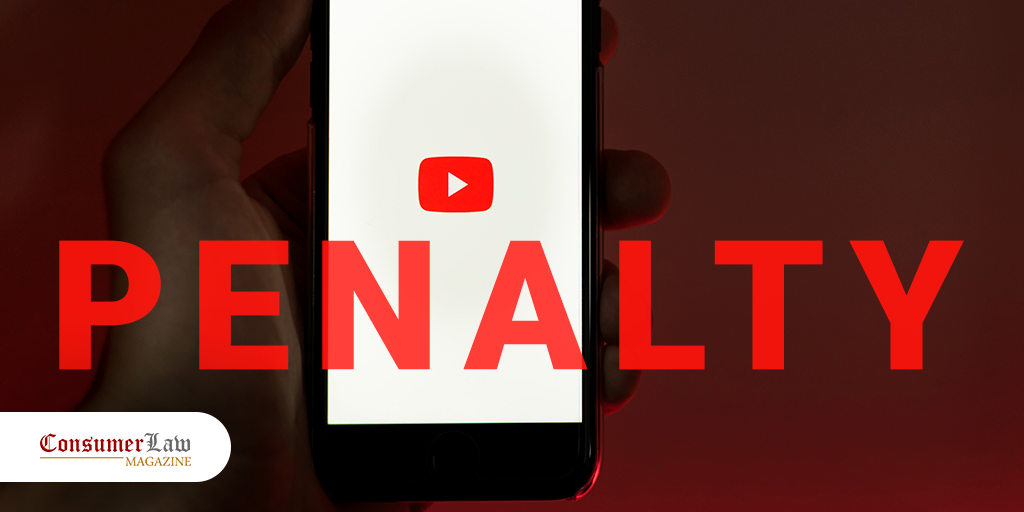
Google and its YouTube subsidiary will pay a record $170 million to settle allegations that YouTube illegally collected personal information from children without their parents’ consent, the Federal Trade Commission said.
According to a complaint filed by the FTC and the New York attorney general, YouTube tracked viewers of children’s channels using cookies and used those cookies to target millions of dollars in advertisements to those viewers. The company didn’t notify parents or get their consent, violating the Children’s Online Privacy Protection Act (COPPA) Rule.
YouTube marketed itself as a top destination for kids in presentations to the makers of popular children’s products and brands such as Mattel and Hasbro. For example, Google and YouTube told Mattel, maker of Barbie and Monster High toys, that “YouTube is today’s leader in reaching children age 6-11 against top TV channels” and told Hasbro, which makes My Little Pony and Play-Doh, that YouTube is the “#1 website regularly visited by kids.”
“Google and YouTube knowingly and illegally monitored, tracked, and served targeted ads to young children just to keep advertising dollars rolling in,” said New York Attorney General Letitia James.
Google and YouTube are required to pay $136 million to the FTC and $34 million to New York for allegedly violating the Children’s Online Privacy Protection Act (COPPA) Rule.
The settlement with the FTC and the New York attorney general’s office is the largest since a law banning collecting information about children under age 13 without parental consent came into effect in 1998. The law was revised in 2013 to include “cookies” used to track a person’s internet viewing habits.
The proposed settlement also requires Google and YouTube to develop, implement, and maintain a system that permits channel owners to identify their child-directed content on the YouTube platform so that YouTube can ensure it is complying with COPPA.
The company agreed to work with video creators to label material aimed at kids and said it will limit data collection when users view such videos, regardless of their age.
Once the settlement takes effect, the FTC will take actions to determine whether there remains child-directed content in which personal information is being collected.




